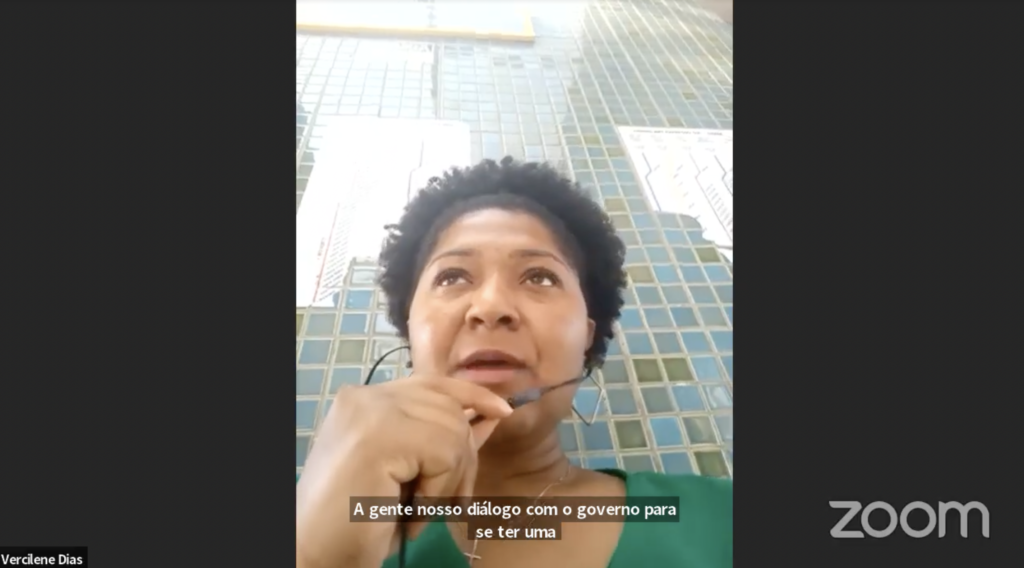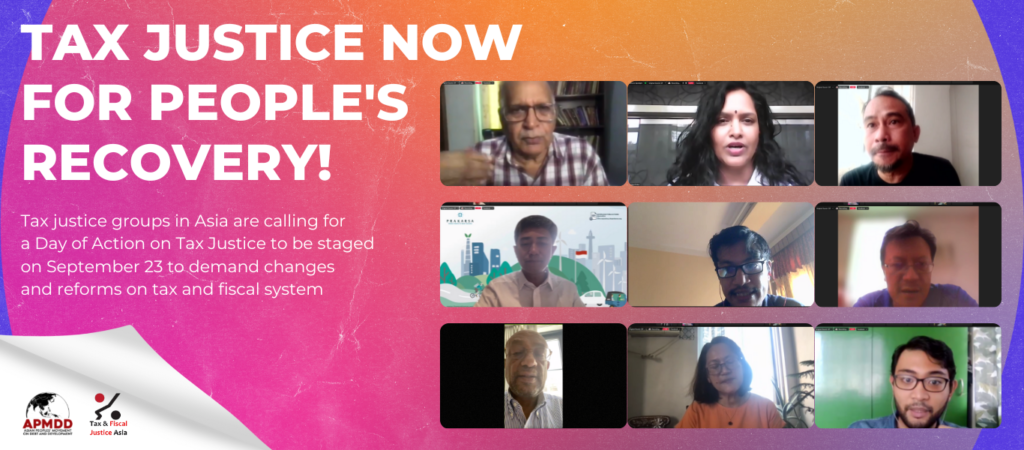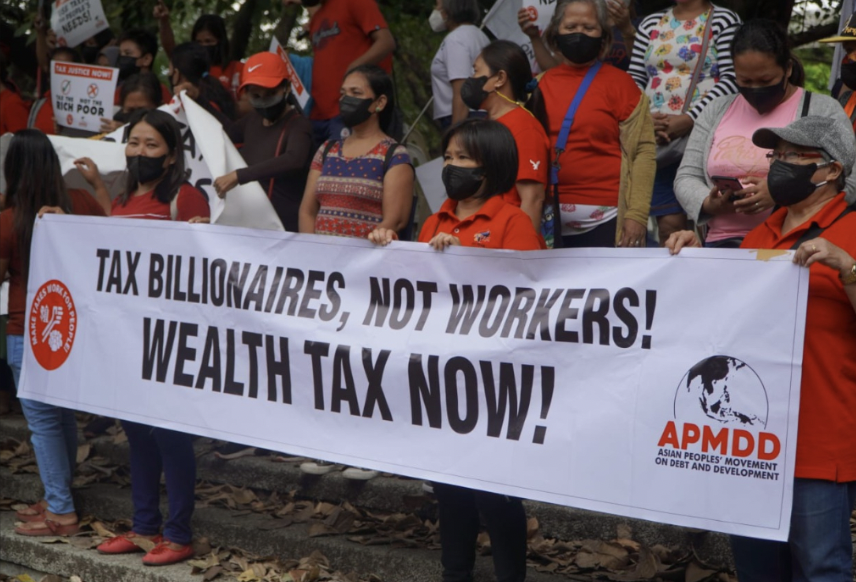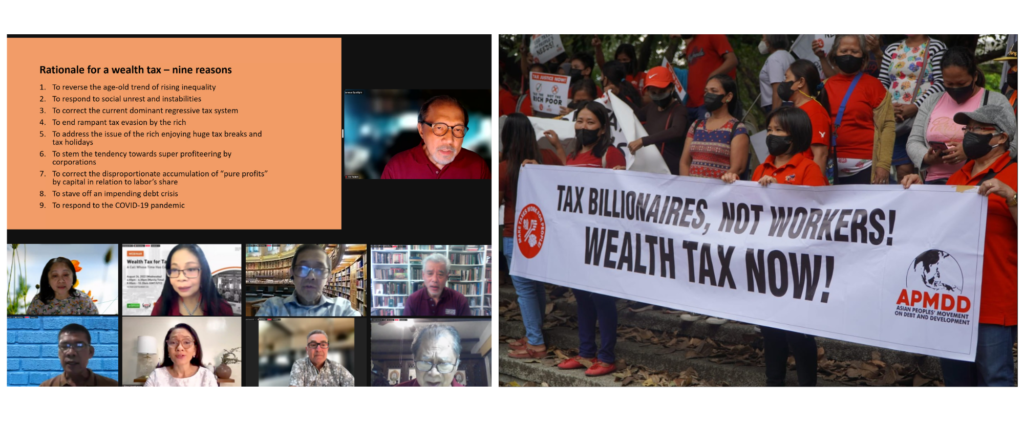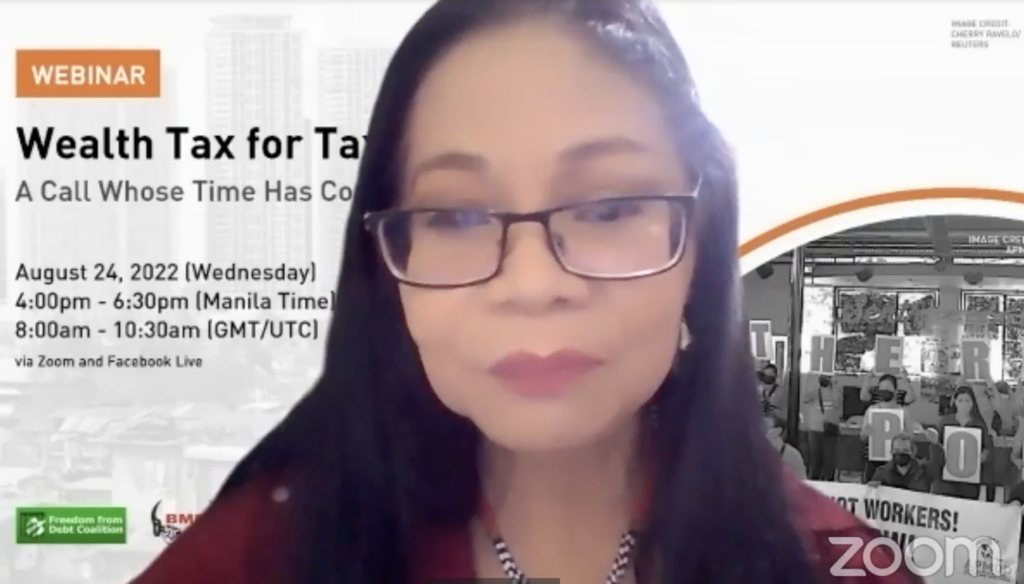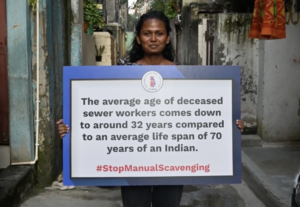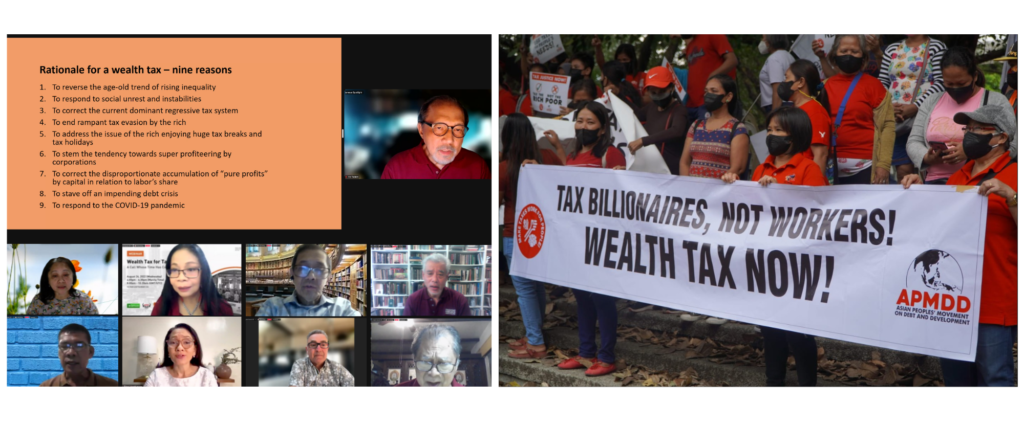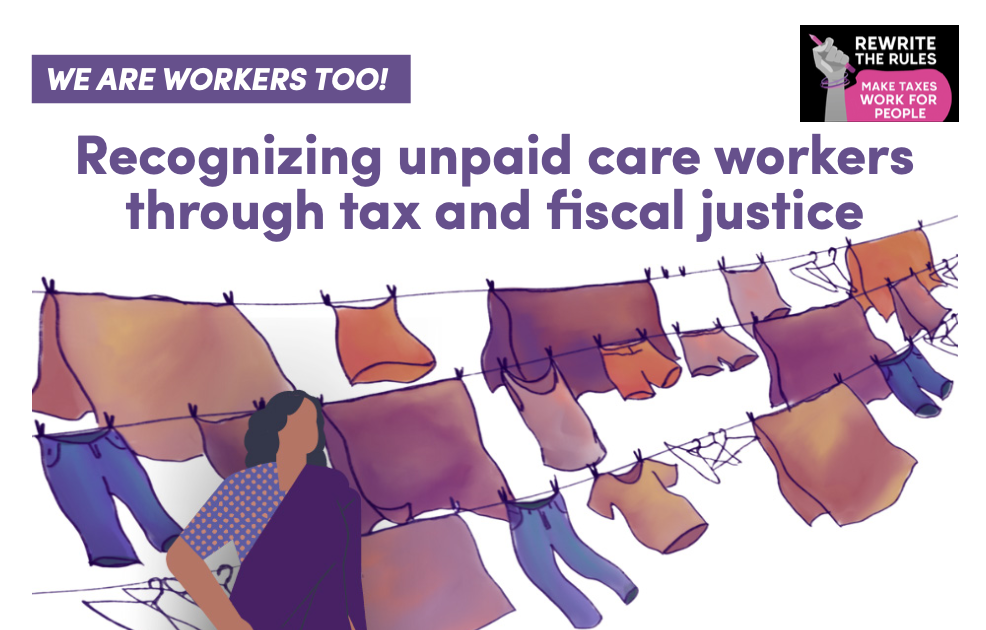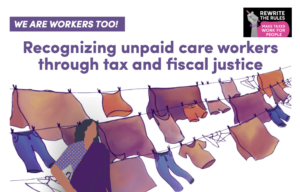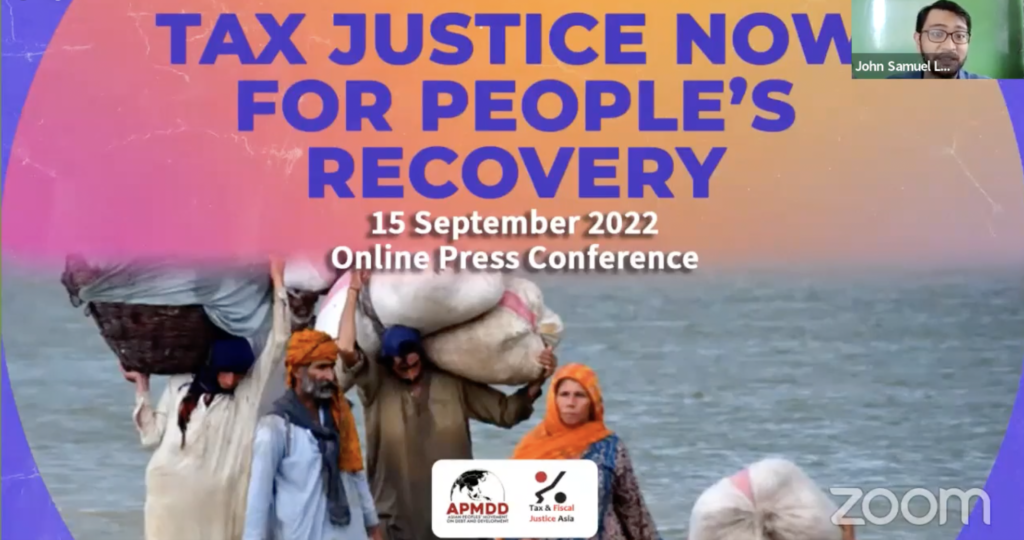
On 15 September 2022, the Tax and Fiscal Justice Asia (TAFJA) network held the press conference “Tax Justice Now, For People’s Recovery” to amplify civil society calls for tax justice, especially addressing governments and the international community as the 77th UN General Assembly meets on 13-27 September 2022.
Tax justice campaigns aim to uphold peoples’ needs and rights amid deepening multiple crises. Today, the scale of the crises has most dramatically worn the face of the peoples of Asia. Tens of thousands of people have fled large parts of Pakistan badly hit by climate emergency-induced flooding. The people of Sri Lanka are suffering hunger and deprivations of basic necessities because of bankruptcy and runaway inflation resulting from “ill-conceived economic reforms like tax cuts and servicing debt payments.”
Other peoples in Asia are equally vulnerable to the impacts of crises but governments ignore peoples’ situation or, worst, resort to intimidation and repression to silence critical voices.
During the press conference, speakers discussed the flaws of tax systems that dominate the region; and the requirements of genuine people’s recovery that are severely hampered by continuing tax abuses and illicit financial flows by the elite and multinational corporations.
Speakers:
● Farooq Tariq, Pakistan Kissan Rabita Committee
● Vidya Dinker, Indian Social Action Forum
● Luke Espiritu, Bukluran ng Manggagawang Pilipino (Solidarity of Filipino Workers)
● Sudhir Shrestha, South Asia Alliance for Poverty Eradication
● Ah Maftuchan, The Prakarsa (Welfare Initiative for Better Societies)
● Tony Salvador, Third World Network
● Dereje Alemayehu, Global Alliance for Tax Justice
● Jeannie Manipon, Asian Peoples’ Movement on Debt and Development
Watch the press conference
